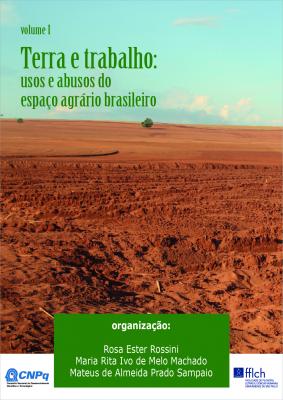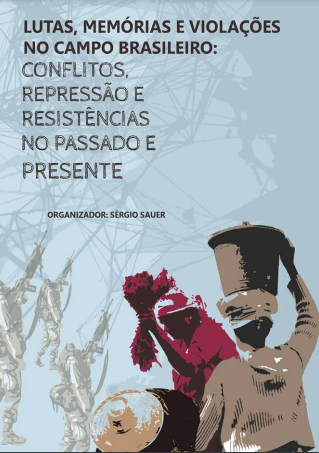Land-use planning Implementation Uncertainty in Bamako District
The goal of this research was to understand the driving forces and agents that prevent the effective application of land-use policies through plan implementation, in the fastest growing city in Africa, Bamako District.The current results yield from the field work done in November and December of 2017. The survey was done at three levels, including interviews with official actors, and questionnaires sent to with citizens and the neighborhood leaders and neighborhood development Committees (Comité de Développement de Quartier: CDQ).








